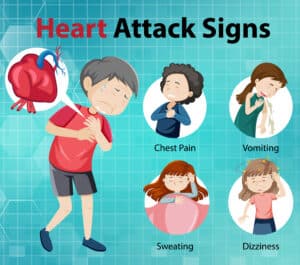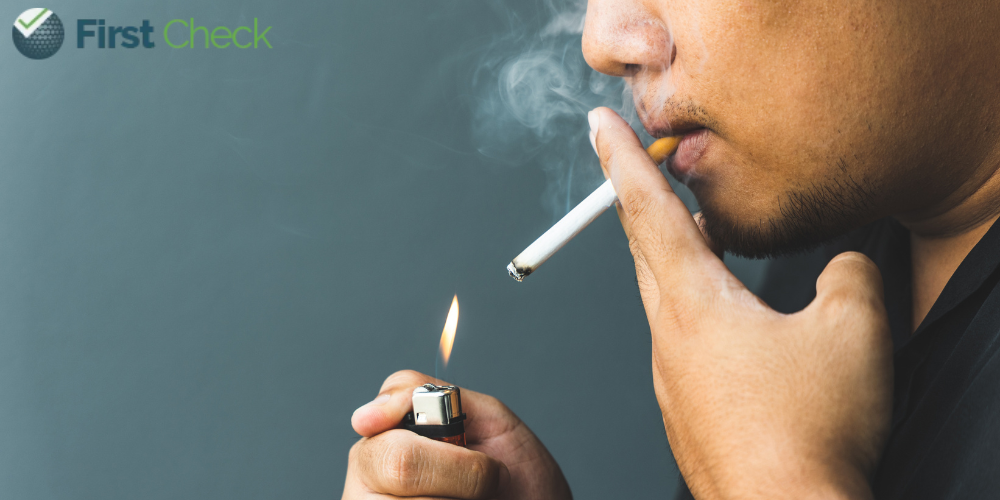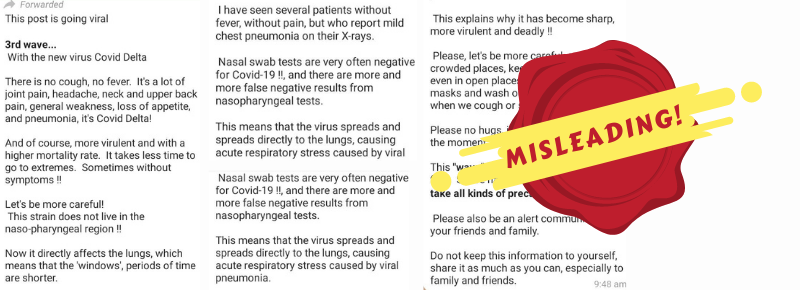Fact Check: Are heart attacks more common on Mondays and during winter holidays?
Factors like stress, circadian rhythms, and winter conditions have a role to play in heart-related events globally, including observed spikes in India.
Author
Author
- admin / 6 months

- 0
- 6 min read

Author
CLAIM:
Heart attacks are more likely to occur on a Monday. This phenomenon is known as “blue Monday.” People also die the most from heart attacks in the last week of December.
FACT:
Indeed! one is most vulnerable to a heart attack on a Monday morning and during cold winters. But more research may be needed to establish if it is true for India.
A heart attack could manifest at any time of the day and catch one off-guard, based on many factors that have been festering in one’s mind and body, or sometimes because of an abrupt malfunctioning of a vital bodily parameter. However, there’s a theory that has been doing the rounds on some prominent social media platforms that claims that such incidents are more common at a particular time of the day, on a specific day of the week, during a certain time of the year.
A verified handle on X.com, formerly Twitter, called @Pharm.Saj who identifies themselves as a pharmacist, claimed that heart attacks are more common on Mondays, and fatal ones are more common in the last week of December.
“DID YOU KNOW? 1. HEART ATTACKS are more likely to occur on a Monday. This phenomenon is known as “blue Monday.” 2. People die the most from HEART ATTACKS in the last week of December,” reads the post, which has over 46,000 views.
But is this true? Let us take a closer look.
What is a heart attack?
A heart attack, also termed myocardial infarction, is caused by the narrowing of the coronary artery from the build-up of fat, cholesterol, and other substances, such as cellular waste, that together are called plaque.
As slivers of this plaque break away, it is carried by the blood stream and eventually begins obstructing the flow of blood to the heart. This obstruction of oxygen-rich blood supply to the heart could result in one experiencing a heart attack.

The narrowing of the coronary artery can be caused by chronic stress, which results in higher levels of inflammation in the body, which in turn contributes to an increased plaque buildup in the arteries a.k.a. coronary artery disease.
The body releases also a hormone called Cortisol, also known as the stress hormone, to lower one’s stress levels. Prolonged elevation of one’s stress hormones increase one’s blood pressure, blood sugar, and cholesterol levels.
Some other causes include contraction (spasms) of the coronary artery or the tearing of its wall.
Are heart attacks more common on Mondays?
A study by doctors from the Belfast Health and Social Care Trust and Royal College of Surgeons in Ireland examined analysed 10,528 patients admitted to hospitals across Ireland and found a 13% increase in the rate of STEMI heart attacks (ST Segment Elevation Myocardial Infarction) at the start of the week, on Mondays. For the layman, a STEMI heart attack is a really bad heart attack , which results from the complete blockage of the major artery to the heart.
“We found an association between the incidence of STEMI and the start of the working week. There is a significantly higher incidence of STEMI on Mondays,” according to the study.
This observation is termed “Blue Monday” and is likely to have multifactorial underpinnings, which are not clear yet. However, medical researchers have suggested a possible link between the body’s circadian rhythm, which governs our sleep and wake cycles, and the phenomena.
“Low stress on Sundays followed by high stress on Mondays plays a major role in causing a heart attack. It’s possible that going back to work after the weekend break can cause increased stress hormones that lead to heart attack,” according to some experts.
Are fatal heart attacks more common in December?
Research also found that more people did die of heart attacks during the Christmas-New Year holiday season, or the last two weeks of December; at least in the United States.
“…during the holiday period, 4.65% (±0.30%; 95% CI, 4.06% to 5.24%) more cardiac and 4.99% (±0.42%; 95% CI, 4.17% to 5.81%) more noncardiac deaths occur than would be expected if the holidays did not affect mortality. Cardiac mortality for individuals who are dead on arrival, die in the emergency department, or die as outpatients peaks at Christmas and again at New Year’s,” according to the study.
The researchers claimed that there are “multiple explanations for this association, including the possibility that holiday-induced delays in seeking treatment play a role in producing the twin holiday spikes.”
Are these findings true for India as well?
Both these studies are from Western countries- the one that states heart attacks are more common on Mondays is from Ireland, and the study on the prevalence of fatal heart attacks in December is from the USA. However, there are certain patterns that are seen in India as well.
Multiple leading Indian hospitals have written about a spike in heart attacks during winter months. Dr Bipin Kumar Dubey, the HOD-Cardiology & Principal Director – Interventional Cardiology at Max Hospital in Dwarka, New Delhi, wrote that “the chances of heart attacks go up by nearly 33 percent during winter.”
Dr Hemant Madan, the Senior Consultant, Director & Regional Clinical Lead – Cardiology (North), Narayana Health, said that most hospitals would have observed a surge of heart attacks during colder winter months.
“It is almost logical and intuitive- during winters, pollution goes up, blood pressure and blood sugar levels go up, level of exercise tends to go down,” Dr Madan explained, while speaking of the reasons for this surge, adding that this is quite well-known in the cardiology community.
When asked whether the “Blue Monday” phenomenon is observed in India as well, Dr Madan said what he has seen more of in his decades-long experience is that there are surges of heart attacks on “binge weekends.”
“On binge weekends, where people tend to drink more, it is quite common to see more heart attack cases,” he said.
Also read: FACT CHECK: Are COVID-19 vaccines behind the rise in heart attacks in Karnataka?









